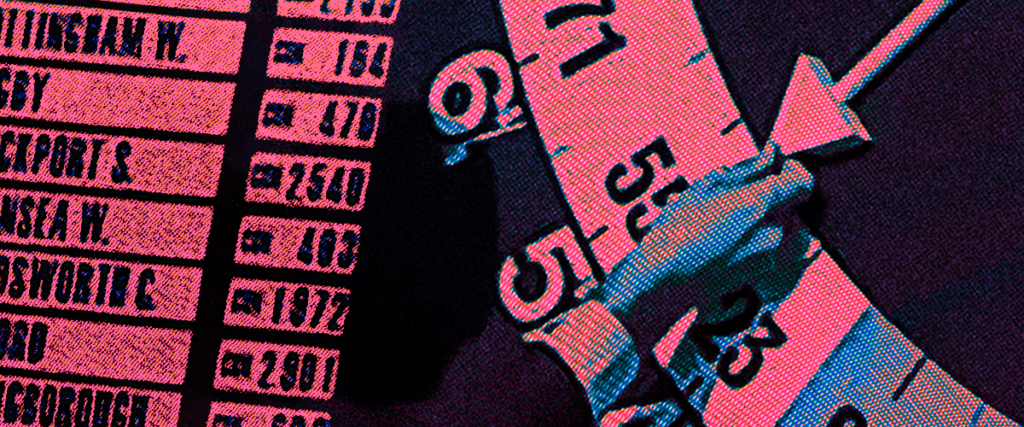
Democracy groups warn of threat ‘Henry VIII’ powers pose to future election integrity
Democracy organisations, privacy groups and academics have written to government ministers to warn that powers in the Data Use and Access (DUA) Bill could threaten the integrity of future elections.
0
The draft Bill includes ‘Henry VIII’ powers that could allow a government to make changes to how political parties use the public’s data without having to pass a new law. Clauses 70(4) and 71(5) give the Secretary of State discretion to determine and vary the conditions under which personal data can be processed.
JOint Letter
HENRY VIII powers in Data Use and Access Bill could undermine election integrity
Read nowExecutive powers and electoral integrity
These changes could be timed to the advantage of the governing party over its opponents – for example to allow practices that the ruling political party was ready to deploy. The signatories have pointed out that if such changes were made prior to an election, there may be insufficient time for the ICO or Electoral Commission to issue guidance to Political Parties on any new ‘recognized legitimate interest’ basis for a political party to process voter data for election purposes. This could undermine the integrity of a General Election.
A House of Lords Select Committee has shared similar concerns. The 3rd Report of the House of Lords Constitution Committee stated that they “are not satisfied that the case has been sufficiently made to entrust the powers in these clauses to secondary legislation.”
James Baker, Programme Manager at Open Right Group said:
“Political parties are stuck in an arms race as to how they can use data to reach and influence potential voters in order to win elections.
“It’s therefore vital that there are clear and fair rules for how political parties are allowed to use our data. Any changes to these rules must be properly scrutinized by parliament.
“This not just about how our data is being used, it’s about the future of our democracy. At a time when public trust in politicians is low, the Government must act to prevent the Data Bill enabling future abuses of power.”
Tom Brake, Director of Unlock Democracy said:
“A few months before the General Election, Lucy Powell MP, now the Leader of the House, talked of Labour’s commitment to “doing legislation better”, with “better planning, better drafting and better scrutiny”. The Henry VIII powers contained in the Bill mean the DUA Bill fails to deliver on those commitments. It must be amended so that it does.”
The letter’s signatories are calling on ministers to amend the Bill to ensure powers to create a statutory instrument to create a recognized legitimate interest basis for sharing personal data can’t be applied to political parties.
Notes to Editor
Henry VIII power are delegated legislative powers that allow the government to override or amend legislation through statutory instruments (SIs). These are passed without meaningful parliamentary scrutiny and no SI has been rejected by the House of Commons since 1979”.
The DUA Bill contains 87 examples of such powers. Read ORG’s briefing on this here.
Last year, an Open Right Group report highlighted the challenges in enforcing how political parties use our data. Moral Hazard: Voter Data Privacy and Politics in Election Canvassing Apps raised concerns about the privacy and security of canvassing apps used by political parties, and raised the question of whether voters’ data is being used unlawfully.
Briefing: Henry VIII powers threaten democracy and UK adequacy
Read ORG’s briefing on executive powers in the Data Use and Access Bill.
Find out more

